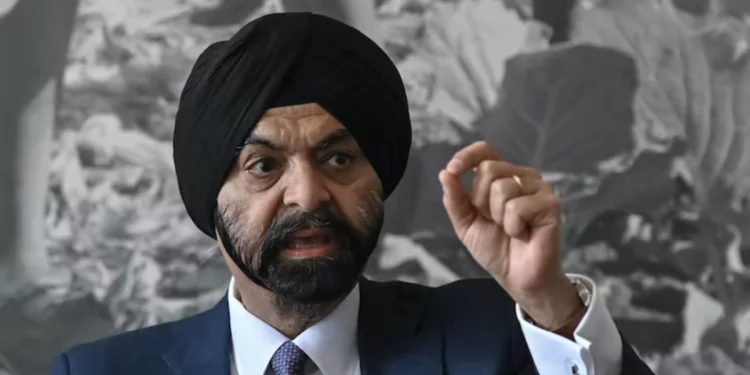Recent findings by The PUNCH have shed light on Nigeria’s substantial undisbursed World Bank loan, totalling approximately $8.25 billion as of July 2023.
This revelation is based on data sourced from the Summary Statement of Loans/Credit/Grants available on the World Bank’s official website.
Some Background
A closer examination of the figures discloses that this sum includes $7.45 billion from the International Development Association (IDA) and an additional $1.12 billion from the International Bank for Reconstruction and Development (IBRD).
It’s important to note that these undisbursed loans encompass funds that have been approved but remain unsigned, alongside loans commitments that have been signed but not yet disbursed.
Both the IBRD and the IDA constitute crucial components of the World Bank, with each playing distinct roles.
The IBRD primarily extends loans to governments of middle-income and creditworthy low-income countries, while the IDA focuses on offering concessionary loans and grants to governments of the world’s poorest nations.
The implications of these undisbursed loans are significant, potentially inflating Nigeria’s debt to the World Bank from $12.72 billion to a staggering $21.15 billion, representing a substantial increase of 66.27 percent.
This startling revelation is in alignment with the World Bank’s audited financial statements for the fiscal year 2022, which revealed that, as of June 30, 2022, the bank had not disbursed around $8.12 billion to Nigeria.
To clarify the reasons behind these yet-to-be-disbursed loans, particularly the signed loan commitments, the World Bank, in its 2022 statements, attributed the delay to certain actions and document submissions required from the borrowers and/or guarantors.
Nigeria’s Debt Position
Data furnished by the Debt Management Office reveals that Nigeria’s current debt to the World Bank stood at $14.33 billion as of March 31, 2023. This debt is comprised of a $13.84 billion IDA loan and a $488.35 million loan, as per the DMO’s external debt report.
The Nigerian government has recently emphasized its intent to abstain from further borrowing from both local and foreign sources, exemplified by the removal of petrol subsidies and exchange rate harmonization.
However, this does not signify a halt to all borrowing activities. The Minister of Finance and Coordinating Minister for the Economy, Wale Edun, clarified that the Federal Government intends to proceed with the loan requirements approved in the 2023 budget.
The focus, however, is shifting towards borrowing solely for capital expenditure, while recurrent expenditure borrowing will be curtailed to alleviate the burden of debt service on government revenue and GDP.
Looking Ahead
Looking ahead, it appears that Nigeria is poised to reevaluate its borrowing practices, emphasizing capital expenditure over recurrent expenditure.
The country’s financial decisions will be pivotal in reducing debt service obligations and fostering financial sustainability, aligning with the broader goal of finding alternative funding sources beyond borrowing.
The commitment to such a shift in financial strategy signals a significant step towards achieving fiscal stability and reducing reliance on external loans.












